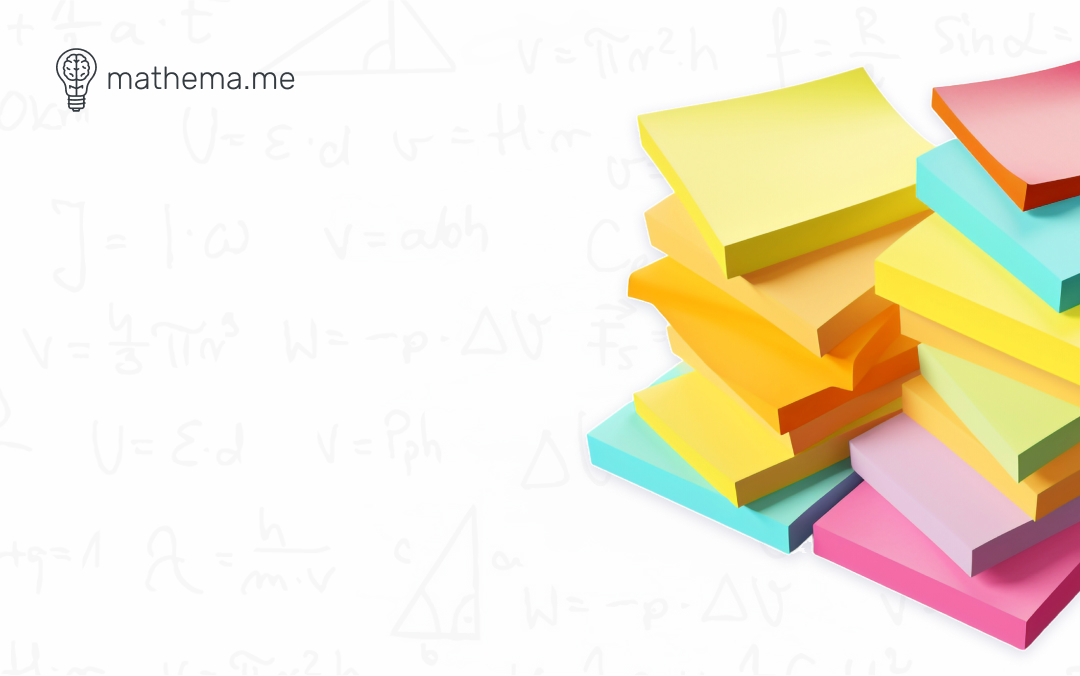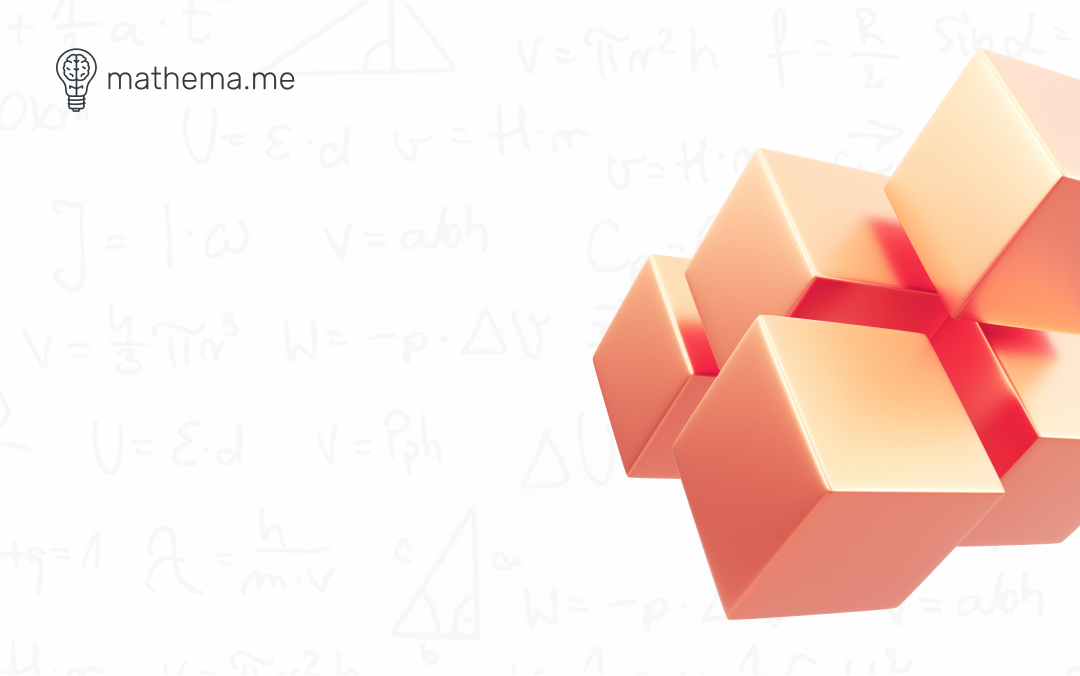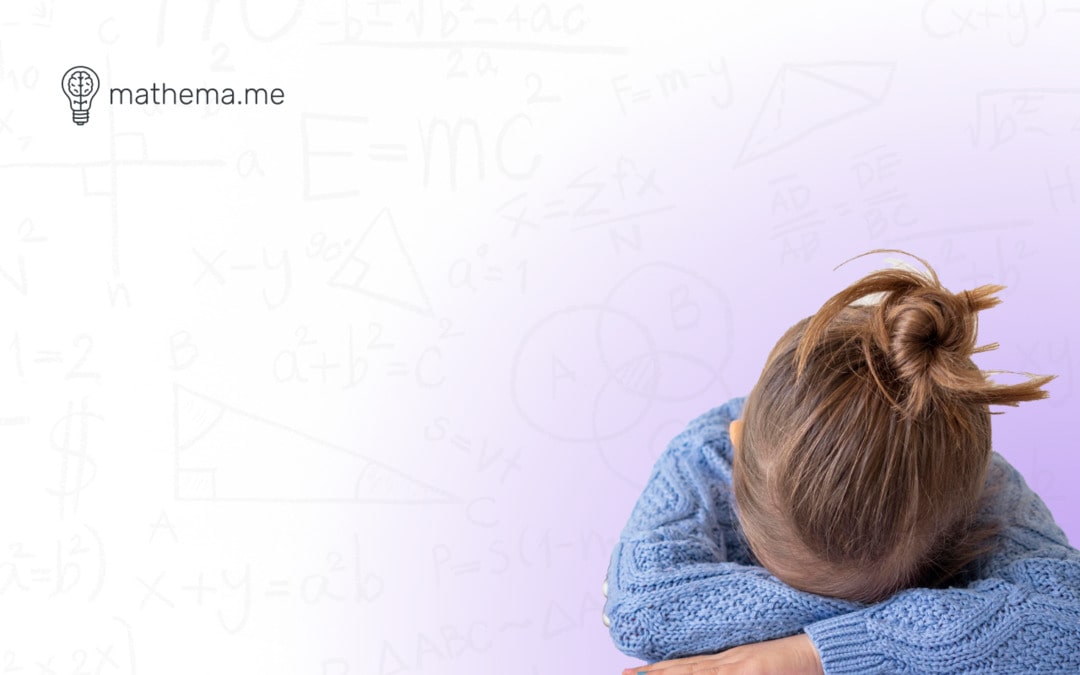As parents, we want the best for our children, and that includes giving them a strong foundation in mathematics. But what exactly should our little ones be learning in their early years of schooling? In this guide, we’ll explore what should kindergarteners learn in math to set them up for success in their academic journey.
Why Math for Kindergarteners is Important?
Before we delve into what should kindergarteners learn in math, let’s understand why math is so crucial. Math for kindergarteners isn’t just about numbers and equations; it’s a fundamental skill that underpins various aspects of life. From counting money at the grocery store to understanding patterns in nature, math is everywhere!
Developing strong math skills from a young age can boost children’s problem-solving abilities, critical thinking skills, and confidence in tackling new challenges.
What Should Kindergarteners Learn in Math
1. Counting:
Counting forms the foundation of mathematical understanding for young children. It involves reciting numbers in order and understanding the concept of quantity associated with each number. Kindergarteners should learn to count from 1 to 10 and beyond if they’re ready. It’s essential to emphasize that counting isn’t just about saying numbers; it’s about grasping the idea of quantity.
Parents can encourage their children to count everyday objects around them, such as toys, fruits, or steps as they walk. This hands-on approach helps children connect numbers to real-world objects and situations, reinforcing their understanding of counting as a fundamental math skill.
2. Number Recognition:
Alongside counting, number recognition is another crucial skill of math for kindergarteners. It involves being able to identify and recognize numbers visually. Parents can make this learning process fun and engaging by using number flashcards, playing number recognition games, or incorporating numbers into everyday activities.
By exposing children to numbers in various contexts, they develop a solid foundation for understanding numerical concepts and symbols, which is essential for future math learning.
3. Basic Addition and Subtraction:
While kindergarteners may not be ready for complex calculations, they can begin to grasp the concept of addition and subtraction through simple activities. Parents can use objects like blocks, buttons, or even snacks to demonstrate basic addition and subtraction concepts.
For example, asking questions like “If I have 2 blocks and I add 1 more, how many do I have?” helps children understand the concept of adding to a set. Similarly, questions like “If I have 5 buttons and I take away 2, how many are left?” introduce the concept of subtraction as taking away from a set. These hands-on activities lay the groundwork for more advanced math skills in the future.
4. Shapes and Patterns:
Introducing children to basic shapes like circles, squares, triangles, and rectangles helps develop their spatial awareness and geometry skills. Parents can engage their children in activities that involve identifying and sorting shapes, such as building with blocks or playing shape-matching games.
Additionally, exploring patterns by arranging objects in sequences (e.g., ABAB or AABB) helps children recognize and create repeating patterns, which is an important mathematical concept that forms the basis for more complex mathematical thinking.
5. Measurement:
Kindergarteners can begin to understand the concept of measurement through hands-on activities that involve comparing the lengths of different objects or exploring concepts like “big” and “small,” “long” and “short.” Parents can engage their children in activities such as measuring ingredients while cooking, comparing the lengths of different toys, or sorting objects based on size.
These experiences help children develop an understanding of measurement concepts and lay the groundwork for future learning in areas such as length, weight, and volume.
6. Introduction to Time:
While telling time on a clock may be too advanced for most kindergarteners, parents can start familiarizing their children with the concept of time by incorporating it into daily routines. Using phrases like “morning,” “afternoon,” and “evening” helps children understand the sequence of events throughout the day.
Parents can also introduce concepts like “before” and “after” to help children understand the order of events. These early experiences with time lay the foundation for more advanced time-telling skills in the future.
Conclusion
Math for kindergarteners plays a crucial role in shaping young minds and preparing them for future academic success. By introducing important math concepts in kindergarten, we can lay a solid foundation for children’s mathematical understanding and instill a love for learning. Remember to make math for kindergarteners fun and engaging through interactive activities and games!
If you’re looking for additional support in your child’s math learning journey, consider Mathema, an online math learning platform designed to make math enjoyable. With Mathema, your child can explore interactive lessons, practice problems, and engage in math activities for kindergarteners.
Start nurturing your child’s mathematical potential today with Mathema!
FAQs
1. What if my child struggles with math in kindergarten?
It’s completely normal for children to learn at their own pace, so don’t worry if your child finds math challenging at first. Be patient and offer plenty of encouragement and support. If needed, consider seeking additional help from teachers or educational resources like Mathema.
2. How can I make math fun for my kindergartener?
Incorporate math into everyday activities like cooking, playing games, or going on a scavenger hunt for shapes and numbers. Keep things hands-on and interactive to make learning enjoyable for your child.
3. Is it important for kindergarteners to learn math?
Yes, developing early math skills is crucial for children’s cognitive development and academic success. Math lays the groundwork for logical thinking, problem-solving, and analytical skills that are essential in various areas of life.



